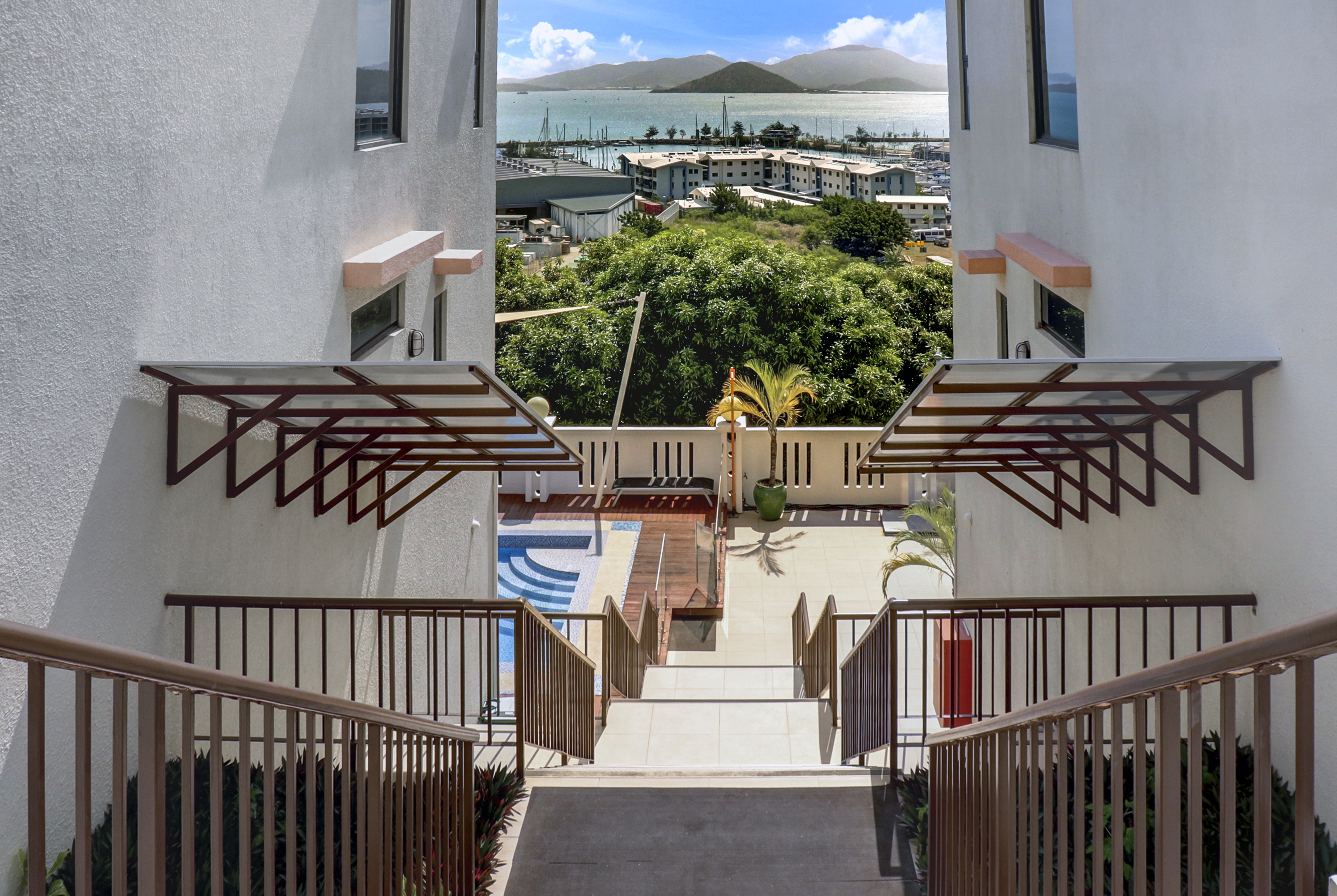A top official of the association of realtors in Papua New Guinea (PNG) said there was a dramatic shift in the real estate sector of Port Moresby in the last few years.
Daniel Berry, Vice President of the Real Estate Industry Association (REIA) of Papua New Guinea, noted that the current properly market in PNG’s capital city is markedly different from the one that grew tremendously partly as a result of a major natural gas project.
Mr. Berry made this observation while speaking to attendees of the 2018 PNG Real Estate Show held at the Sir John Guise Stadium in Port Moresby.
“The residential, commercial, and industrial markets have all shifted from one of low inventory, high prices, and high demand to one of high inventory, lower prices, and lower demand,” noted Mr. Berry, who was speaking on the topic, “Impact of Rapid Growth of Housing Development in Port Moresby”.
PNG LNG Project
In 2008, PNG launched a $19 billion liquefied natural gas (LNG) project near Port Moresby, triggering an influx of people- both locals and expatriates- eager to cash on or take advantage of the economic and employment opportunities presented by the monumental project.
To illustrate the point, Port Moresby, where most of PNG’s real estate can be found, saw its population rise from 364,125 in 2011 to over 400,000 four years later. Consequently, demand for housing and commercial spaces grew exponentially.
To meet the high demand, which many developers hope will continue indefinitely as long as the LNG project chugs along on a high gear, many developers started building numerous residential, commercial, and industrial development projects in different parts of Port Moresby and areas nearby.
Soon, PNG’s capital city was starting to see more commercial buildings, condo and apartment complexes, and other residential developments.
From 2008 up to 2013, the real estate sector in Port Moresby experienced tremendous growth. Demand for property was high, with supply struggling to catch up. Prices and rental rates for real estate were also high.
In 2014, the construction phase of the LNG project winded down, and things began to turn differently for the sector. In the next couple of years the property sector flattened, and slowly began a downward spiral.
For one, there was an exodus of expatriates, many of them working in the LNG project. Many of these same people were the main customers for upmarket rentals in Port Moresby. In the same time span, the property sector in Port Moresby was also negatively affected by declining government revenues, general economic slowdown, among other factors.
Mr. Berry said that supply went up, demand went down, and prices also decreased. The trend has continued to this day, and, sans a major stimulus, is expected to continue into the foreseeable future. Though the property sector did benefit and experienced a short-lived bump in the wake of PNG hosting the Asia-Pacific Economic Conference (APEC) 2018 Summit last month.
Real Estate in Port Moresby
“Now, Port Moresby has become a renters market, as there are many vacancies across all sectors of Port Moresby’s real estate industry,” he stressed.
A renters market usually occurs when there is more supply than demand in the property market. In such case, rental prices fall and tenants have the luxury to negotiate for a much lower rate.
“This is primarily been due to over-development in both commercial and residential units by developers who anticipated that the LNG boom would continue indefinitely,” Mr. Berry added.
Mr. Berry’s assessment found support in Mike Quinn, President of REIA. According to Mr. Quinn, the LNG project created a huge, temporary bubble whose effects, once it burst, were largely unanticipated.
“The PNG LNG project made a major impact on real estate in Port Moresby and Lae, but it created a big bubble. After the contract finished the market did not anticipate the extent of the downturn that would follow,” Mr. Quinn told the local media.



Comments